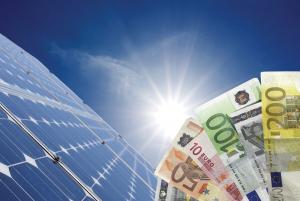Lessons learned for U.S. utilities – drawn from first-person fact-finding.
John Pang (johnpang@scottmadden.com) and Chris Vlahoplus (chrisv@scottmadden.com) are partners with ScottMadden, Inc. John Sterling (jsterling@solarelectricpower.org) is Senior Director, Research & Advisory Services at the Solar Electric Power Association. Bob Gibson (bgibson@solarelectricpower.org) is Vice President of Education and Outreach at the Solar Electric Power Association.
The German Energiewende (energy transformation) has been discussed in many academic and trade publications, all heralding either the transformational, unparalleled successes of the program, or else the dismal failure and shortsighted focus of politicians and policy makers in designing and executing the transition.

On one hand, the Energiewende has successfully brought on substantial levels of solar and wind energy in Germany. However, rising electricity rates for residential consumers, coupled with the huge losses in market capitalization for the incumbent German utilities, have raised significant questions on how successful the policy has been and whether it will be sustainable over the long term. The result is much confusion about the true nature of the Energiewende and, more importantly, what lessons learned can be applied in the U.S.

